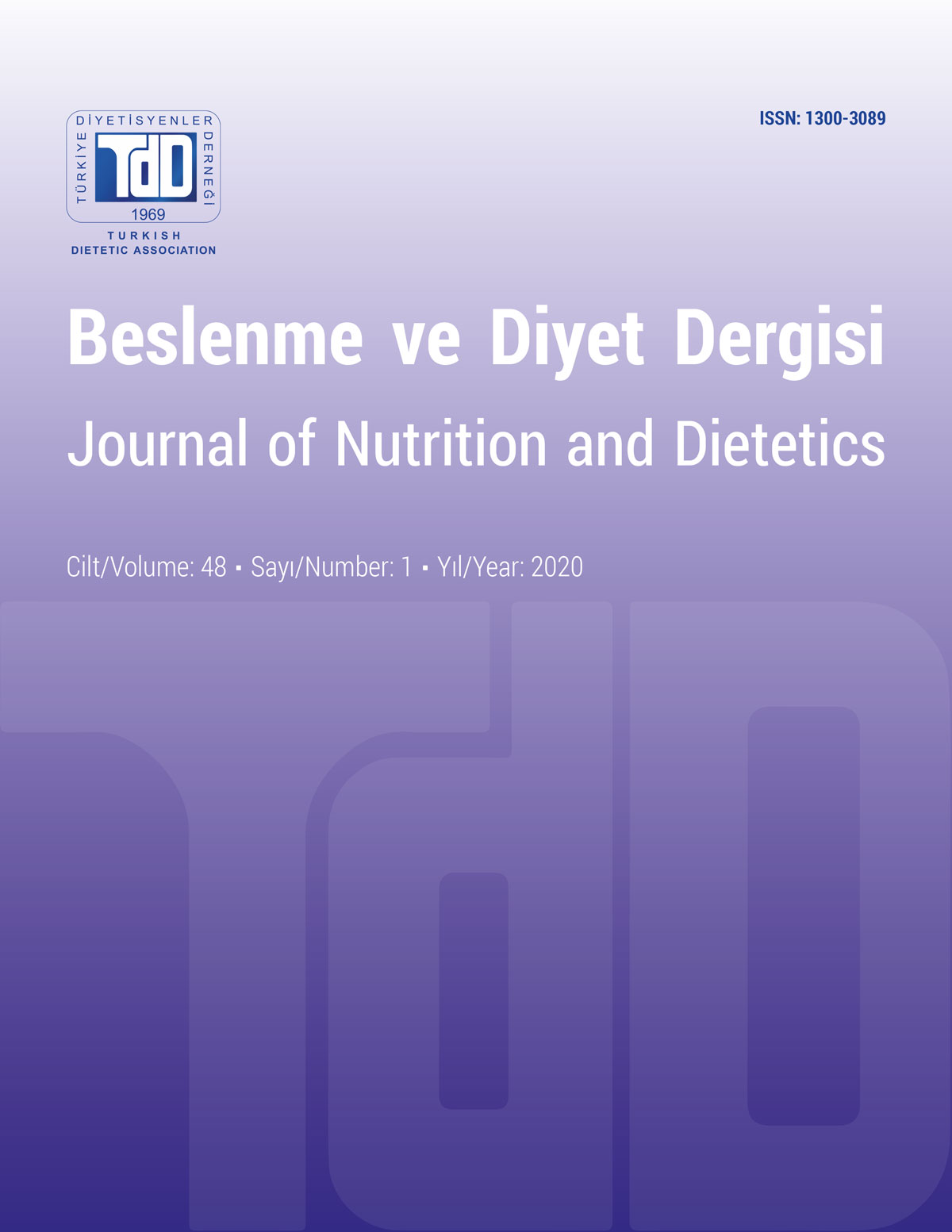The Effect of Intermittent Fasting Diets and Low Carbohydrate Diets on Obesity Treatment
DOI:
https://doi.org/10.33076/2020.BDD.1302Keywords:
Intermittent fasting diets, low carbohydrate diets, obesityAbstract
Obesity is a global health problem with an increasing prevalence. New dietary strategies have been established to treat overweight and obese individuals, and these dietary strategies have become popular and widespread. These diets include “intermittent fasting diets” and “low-carb diets (LCD)”. Many intermittent fasting diet variations differ in length and frequency of fasting cycles. Intermittent fasting diets can be classified as alternative day fasting diets (alternating fasting), time- restricted diet, religious fasting. There is no common definition of low-carb diets. In some LCDs, the amount of carbohydrate intake is restricted, depending on the energy intake and in others, regardless of the energy intake. It is suggested that alternative day-fasting diets and time-restricted diet have positive effects on body weight loss. However, prolonged fasting period may decrease compliance with diet. In the fasting of Ramadan, body weight that is generally lost in a month is regained. Although low-carb diets have positive effects on body weight loss, there are conflicting data on the effects of low-fat diets. Both diet models can be approaches that can be applied for weight control in obesity; however, long-term follow-up studies are needed to reveal its long-term effects.

